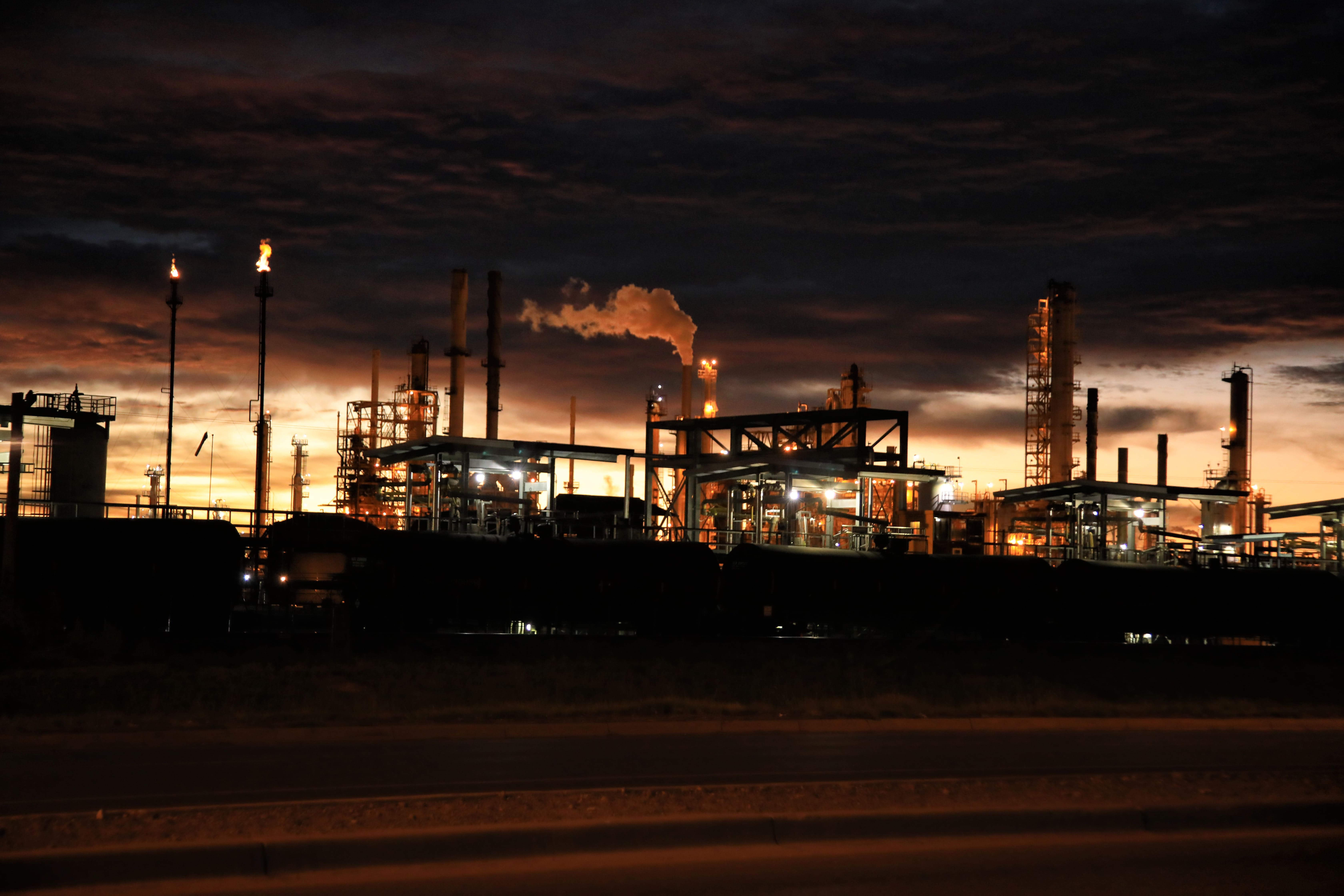Humans released more CO2 in 2018 than ever before

According to the annual Global Emissions Gap report, 55.3 gigatons of global CO2 were released into the atmosphere, up from 53.5 gigatons in 2017. The report also warns that global temperatures are set to rise approximately 3.2 degrees Celsius by 2100, offsetting catastrophic weather, including hotter, deadlier heatwaves and more frequent floods and drought. The United Nations report shows that the world leaders, who signed the Paris Climate Agreement in 2015, are a long way off limiting global warming by the end of the century to 1.5 degrees C, ideally, and no higher than 2 degrees C.
IZA World of Labor author Marie Connolly has looked at how climate change might affect people’s well-being and how they spend their time. “Research suggests rising temperatures will reduce time spent working and enjoying outdoor leisure, while increasing indoor leisure. The burden will fall disproportionately on workers in industries more exposed to heat and those who live in warmer regions, with the potential to increase existing patterns of inequalities. This is likely to trigger an adaptation, the scope and mechanisms of which are hard to predict, and will undoubtedly entail costs,” she notes in her article.
Inger Andersen, Executive Director of the UN Environment Programme (UNEP), has said that from 2030, 15 gigatons of CO2 would have to be cut each year, which is roughly the annual emissions of the EU, India, Russia and Japan combined. In order to reach the 1.5 degrees C target, efforts to reduce CO2 emissions would have to increase five-fold. 78% of the global greenhouse gas emissions come from the G20 – a group of 20 of the world’s biggest economies. According to John Christensen, director of UNEP DTU Partnership, an international climate research group, fast-growing developing countries are also responsible for the high emissions, but can’t be expected to lead the way in cutting emissions. “Industrialized countries must take the lead here,” he said.
According to Christensen, a balance must be struck between having greater ambitions and implementing them faster, in order to reduce emissions. According to him: “Energy and transport will be the most important areas.” The report notes that the price of solar energy has improved and it can now compete with coal on cost which is a fast and cost-effective way to reduce emissions. “[F]undamental changes in values, norms, consumer culture and worldviews are inevitable parts of the great sustainability transformation,” the report concludes.
Read Marie Connolly’s article Climate change and the allocation of time.
__
Our annual survey is now live! Complete our short questions for the chance to enter our prize draw: https://www.surveymonkey.co.uk/r/IZAWoLSurvey2019